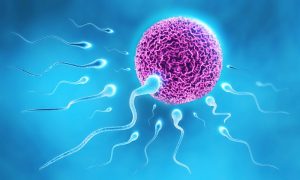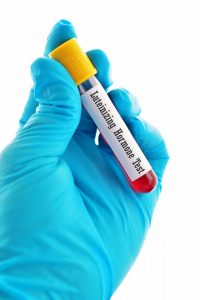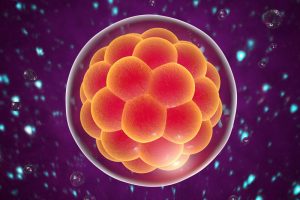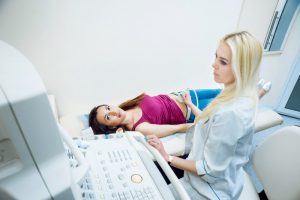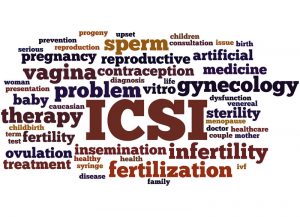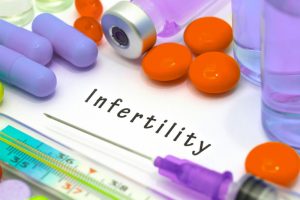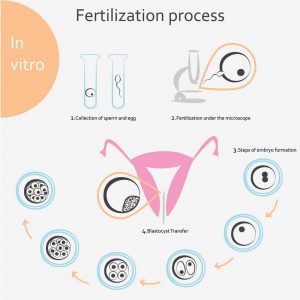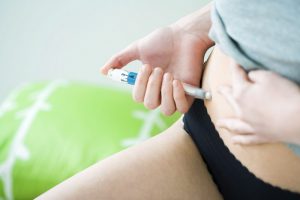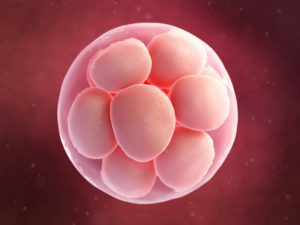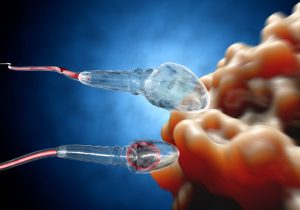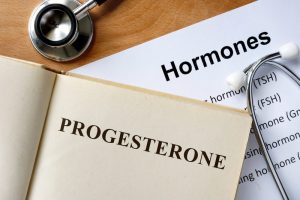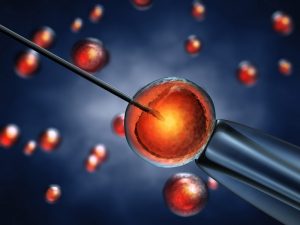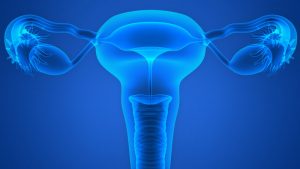In Vitro Fertilization
Success Rate of IVF
Success Rate of IVF
IVF or In Vitro Fertilization is one of the most popular and highly effective infertility regimens since it has resulted in more than 190,000 live and successful births since Louise Brown, the very first child to be born via In Vitro Fertilization in the year 1978. However, despite it being one of the most effective treatments available, there is still no guarantee that each In Vitro Fertilization cycle will result in a successful live birth even if the most promising-looking and healthiest embryos are infused into the mothers uterus.
In this day and age, there is a plethora of information sources that will aid you in gauging the probability of success with an IVF or In Vitro Fertilization procedure; furthermore, these sources may also help you select various ways on how you would prefer to establish your family.
A lot of patients assume that the excellent success rate of IVF is eighty percent and higher while any other percentage below fifty percent is poor; however, even if the couple is young and fertile, they only have about fifteen to twenty percent chances to naturally conceive in any single month. Those females who have higher chances of successful In Vitro Fertilization procedures only have success rates of about twenty to thirty-five percent.
Learning about this and having this realistic perspective will help you think of trying more than just a single cycle; plus, it will also make you feel less discouraged if ever the first cycle does not come out successfully.
Success Rate of IVF
Remember that every womans chances to successfully conceive a child decrease with age. If you are making use of your own eggs, remember that the younger you are, the better chances you will have for a successful IVF treatment.
In the year 2010, women who have undergone IVF using their own fresh eggs have shown a percentage of cycles that resulted in specific live birth averages. These are the following:
Women aged below 35 years old – 32.3%
Women from 35 37 years old – 27.7%
Women aged 38 and 39 – 20.8%
Women aged between 40 to 42 – 13.6%
Women aged 43 and 44 – 5%
Women aged 45 and older – 1.9%
Factors that Affect the Success Rate of IVF
Generally, the success rate of IVF on your part depends on numerous factors in addition to age and these include your weight, BMI or Body Mass Index, height, reproductive history like the number of pregnancies or miscarriages you had, clinical tests, ovarian reserve tests, as well as the sperm count of your partner. To help you further, you can input your fertility health information in an online prediction tool or application which can help your personalized chances of having a baby with a successful IVF.
If in the past, you have had a couple of unsuccessful IVF attempts, you can input specific details coming from previous IVF cycles like the quality of your embryo, the number of hormonal drugs utilized during the cycle, as well as infertility and endometrial thickness diagnosis to learn more about the possible chances of conceiving a baby during your next IVF cycle trial; this may help you make better decisions regarding the treatment paths of the cycle.
How to Improve your IVF Success Rate
When you meet with your doctor or healthcare specialist, they will be honest about the realistic and disappointing averages that are linked to the success rate of IVF; however, the most unlikely thing that you may hear and learn about is that there is actually a process to dramatically increase your chances of actually getting pregnant via In Vitro Fertilization.
Here are some of the effective ways to further improve your IVF success rate:
Detox
Some toxins like preservatives, pesticides, and parabens found in grooming and beauty products, cigarette chemicals, alcohol, synthetic hormones, as well as a few medications are known to affect ones fertility negatively. Because of this, it has been suggested to start the removal of these toxins from your system about ninety days before the IVF treatment.
Massage
When receiving a deep-tissue massage, the circulation to the uterus and ovaries increase while also helping and supporting the hormonal balance; moreover, these massages also help promote the health of your eggs while blocked Fallopian tubes end up getting cleared. If there are scar tissues in the area, it eventually loosens which results to a boost in the success rate of IVF.
Acupuncture
A study made in 2008 exhibited that acupuncture was a great method to improve pregnancy rates resulting from the embryo transfer procedure. Practitioners stated that combining the process of acupuncture and IVF helps drop signs of stress while also regulating hormonal imbalance; additionally, it also boosts the immune system while simultaneously increasing the thickness of the uterine lining and the blood flow to the uterus.
Empower Fertility

Support for Couples Through Fertility Treatment

How to Choose the Best Fertility Doctor

How to Deal with Stress during Treatment

How to Boost Your Self-esteem During Treatment

How to Experience Happiness and Calm During Pregnancy

How to Nurture your Relationship During Fertility Treatment

Methods of Coping During Fertility Treatment





